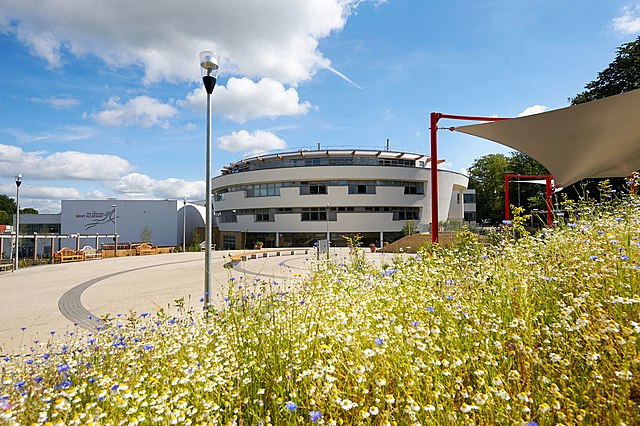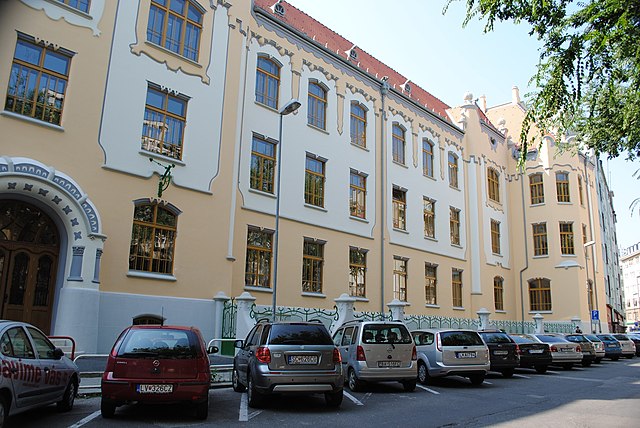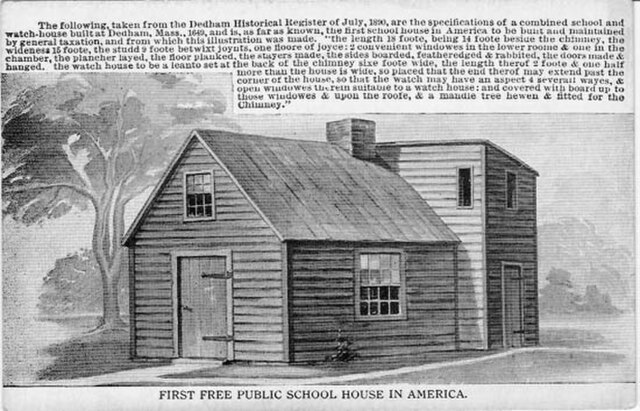A comprehensive school is a secondary school for pupils aged 11–16 or 11–18, that does not select its intake on the basis of academic achievement or aptitude, in contrast to a selective school system where admission is restricted on the basis of selection criteria, usually academic performance. The term is commonly used in relation to England and Wales, where comprehensive schools were introduced as state schools on an experimental basis in the 1940s and became more widespread from 1965.
Chulmleigh College, Devon is a coeducational comprehensive secondary school with academy status in England.
The Skinners' Kent Academy is a secondary school in Royal Tunbridge Wells with academy status.
Silverdale School is a coeducational secondary school and sixth form in Sheffield with academy status.
Manchester Academy is a coeducational secondary school with academy status in Greater Manchester. It is situated close to the University of Manchester.
A secondary school or high school is an institution that provides secondary education. Some secondary schools provide both lower secondary education and upper secondary education, i.e., both levels 2 and 3 of the ISCED scale, but these can also be provided in separate schools.
Main entrance of Camberwell High School, VIC, Australia
Students at First High School in Argos, Peloponnese, Greece
Pozsonyi Királyi Katolikus Gimnázium, a high school in Bratislava, Slovakia
The first taxpayer-funded public school in the United States was in Dedham, Massachusetts.








